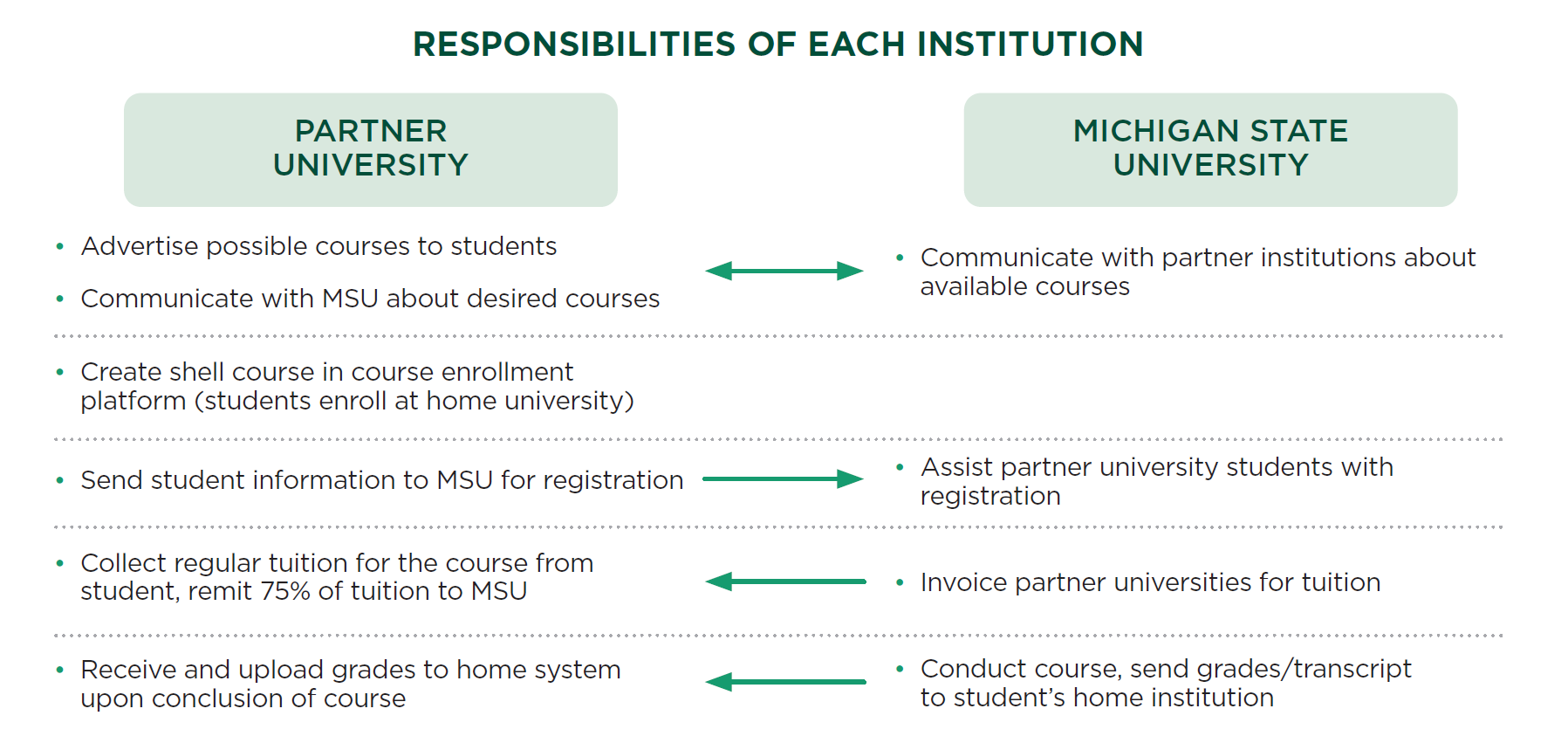Strategic Coordination
Enrollment fluctuations and trends are one of the biggest challenges for building sustainable LCTL programs. Strategic collaboration, including course sharing and joint programming, between institutions and organizations can lead to more consistent, sustainably larger enrollments, providing institutions with more language diversity. The NLRC will support strategic coordination efforts by financially supporting LCTL course offerings with partner institutions, continuing to develop models for LCTL course sharing and convening strategic dialogue groups with language program leaders and administrators.
Please read our article “Languages as Drivers of Institutional Diversity: The Case of Less Commonly Taught Languages” (Language Educator – Winter 2022) to learn more about reasons to expand access to and provide continuity in LCTL education.
We have presented on this project at national and international conferences and will continue to do so as the project progresses.
Call for Collaborative Partners
Does your institution want to expand their world language options for your students? We are actively seeking institutions to partner with to pilot our asymmetrical course sharing project in less commonly taught languages (LCTLs). Partner with MSU to offer Persian, Russian, Tamil, or Vietnamese! (Other language options can be explored if there is interest!)
Have your students engage in a classroom community across institutions instead of alternative language learning options (e.g., independent studies, self-study) for their chosen LCTL.
We are piloting this collaborative partnership structure, which would allow your institution the following benefits:
- Students retain access to their own financial aid
- Students earn home institution credits
- Students pay their normal tuition rate
- Keep a portion of the student’s tuition money for administrative costs
Course Sharing Pilot/Template Consortium Agreement
We are actively developing this phase, including a proposed Consortium Agreement/MOU process, described below!
LCTL Sharing Proposal: Consortium Agreement between MSU and Partner Institutions
The National Less Commonly Taught Languages Resource Center (NLRC) at MSU is finalizing a template consortium agreement (CA) to be used to share less commonly taught language (LCTL) courses with partner institutions. The CA would be signed by both institutions, enabling students at partner institutions to take LCTLs at MSU that are not offered at their home institution. MSU will be engaging a few partner institutions in this pilot project to refine processes.
Benefits to Partner Institutions
- Expand language options for its students
- Other alternative language learning options (e.g., self-study) do not always offer the structured learning that a course provides, nor the classroom community of students across institutions
- Students can retain access to financial aid
- Students earn home credits
- Students pay their normal tuition
- Partner institutions keep a portion of the student’s tuition money for administrative costs
Why does MSU want to share their LCTLs?
Class sizes in LCTLs are often inconsistent. Allowing external students will help to:
- Enrich classroom experience for all students by allowing more conversation partners that can share their diversity of experiences
- Make sure upper-level LCTL courses or very small languages (courses often at risk of cancellation due to low enrollment) can still be offered
- Promote equity by charging partner universities their normal tuition rates, not a flat rate that maybe unaffordable for some
- Money received from partner universities will help to support the MSU LCTL program through the fluctuations normally experienced in LCTL enrollments
Responsibilities of each institution
